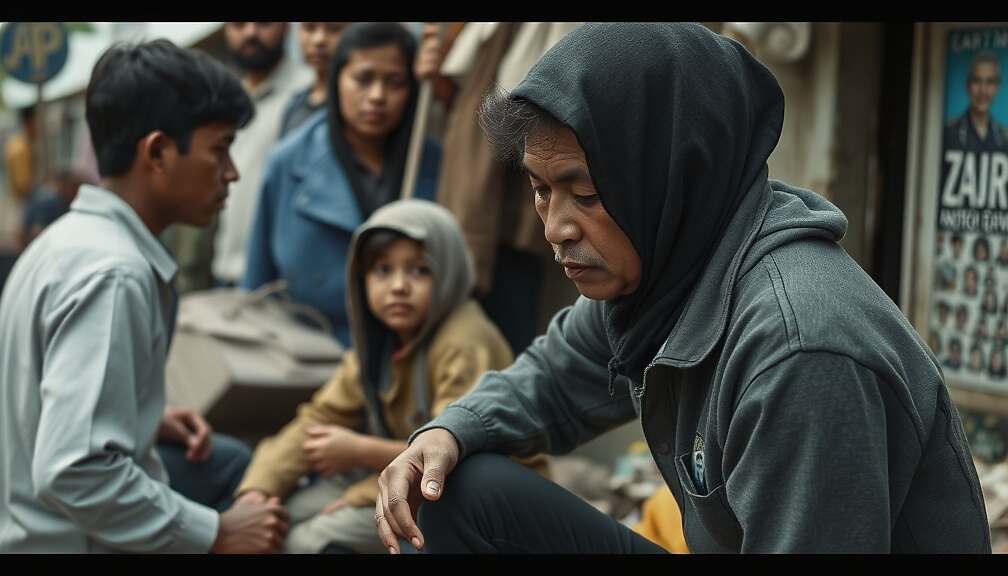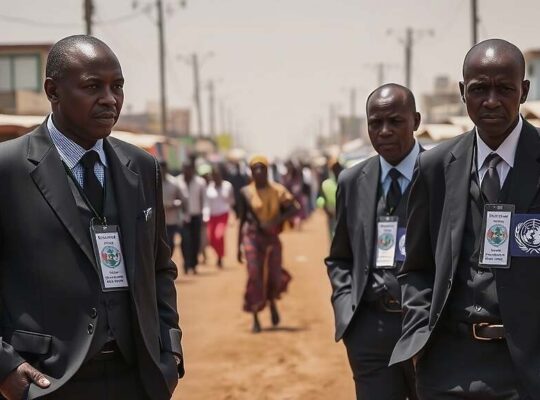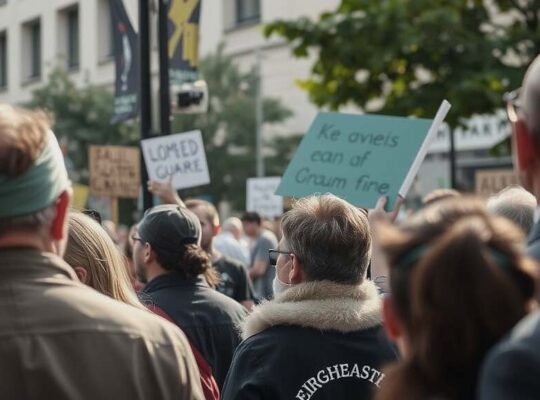The capture of Al-Faschir by Sudan’s paramilitary Rapid Support Forces (RSF) has unleashed a fresh wave of horrifying reports detailing systematic atrocities against civilians, escalating an already dire humanitarian crisis in the Darfur region. Following a 17-month siege, the fall of this key military stronghold marks a significant deterioration in the conflict, prompting urgent calls for international intervention and accountability.
Despite international condemnation and mounting evidence of widespread human rights abuses, the RSF has attempted to project an image of order and control, even releasing a video purportedly showing its fighters detaining Abu Lulu, a notorious figure known as the “TikTok Slayer” due to his boasts of killing approximately 2,000 people documented on the social media platform. This attempted justification is viewed with skepticism given the overwhelming evidence emerging from survivors.
Testimonies paint a picture of relentless brutality. Survivors consistently recount mass executions, with the RSF allegedly targeting groups attempting to flee the city. “Doctors Without Borders” received accounts of approximately 500 civilians and soldiers ambushed and either killed or captured while trying to escape on October 26th. One witness described being the sole survivor of a group of 300, spared only because an RSF fighter recognized him, while the rest were systematically murdered.
The UN Fact-Finding Mission has expressed deep concern, characterizing the killings as “intentionally patterned and ethnically targeted”. Reports indicate that individuals are being sorted at checkpoints based on gender, age and perceived ethnicity, forming a chilling framework for targeted violence. Women are reporting horrific acts of sexual violence, including accounts of soldiers demanding confirmation of virginity before carrying out assaults. Many others narrowly avoided sexualized violence through sheer luck.
A lucrative and deeply disturbing aspect of the crisis is the widespread practice of hostage taking and extortion. Individuals are being held captive and ransomed for staggering sums, with demands ranging from 5 to 30 million Sudanese pounds (approximately €7,000 to €43,000). One survivor reported having to pay 24 million pounds to secure his release.
Adding to the desperation, the RSF and its allies are actively preventing civilians from reaching safer areas like Tawila. While the UN estimates over 62,000 people have fled Al-Faschir, humanitarian organizations estimate only around 5,000 reached Tawila in the first five days, leaving the fate of over 50,000 people unknown and deeply concerning. The deliberate obstruction of humanitarian aid and the prevention of safe passage raise serious questions about the RSF’s respect for international law and its commitment to basic human decency. The international community faces a critical juncture in responding to this escalating catastrophe and ensuring accountability for the unfolding atrocities.












